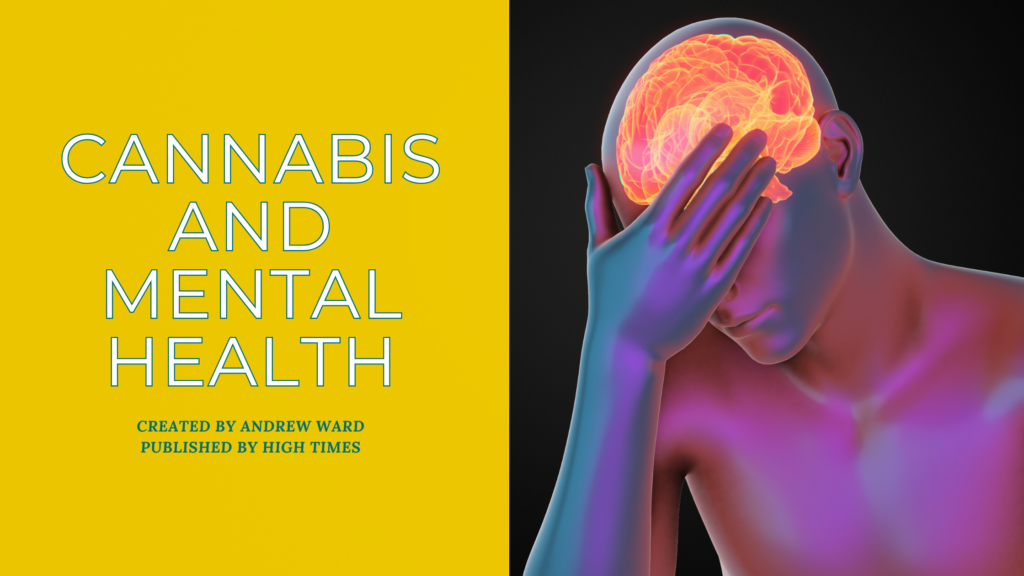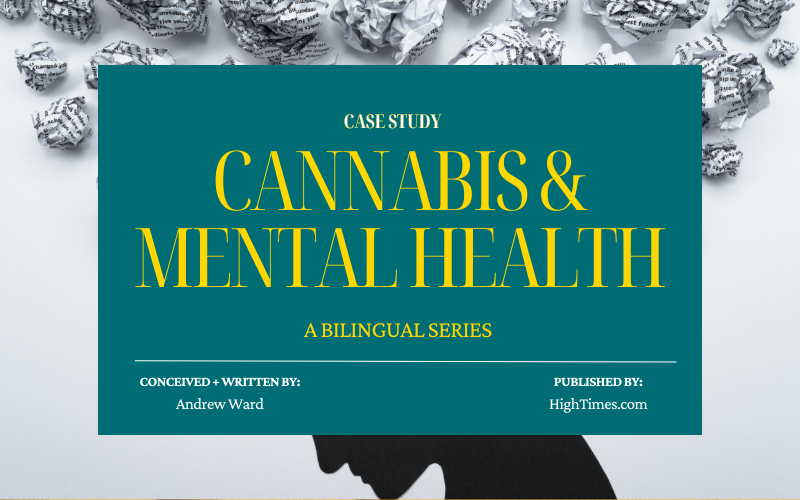Key Takeaways
- Journalism can be a bridge between scientific research and public understanding, particularly on complex health topics.
- Balanced reporting that acknowledges both benefits and risks builds trust with audiences.
- Real-world experiences add depth and relatability to data-heavy topics.
- Cannabis and mental health remain a developing field, requiring ongoing research and discussion.
Overview
Conceived and pitched by Andrew Ward in 2019, the “Cannabis and Mental Health” series for High Times was an extensive investigative project aimed at examining the complex intersection of cannabis consumption and mental health disorders. This initiative sought to bridge the knowledge gap for readers by exploring emerging research, patient testimonials, and expert insights across multiple conditions.
The series covered a wide range of mental health conditions:
- Attention Deficit/Hyperactivity Disorder (ADHD)
- Obsessive-Compulsive Disorder (OCD)
- Bipolar Disorder
- Schizophrenia
- Anxiety and Depression
- Social Anxiety Disorder
- Postpartum Depression
- Post-Traumatic Stress Disorder (PTSD)
- Substance Use Disorder
- Dementia
- Anorexia Nervosa
Each article provided an in-depth analysis of the existing scientific literature, patient perspectives, and expert commentary to offer a well-rounded discussion of cannabis as a potential treatment or risk factor for mental health disorders.

Objectives
- Provide factual, research-backed insights on cannabis and mental health.
- Address public misconceptions surrounding cannabis use and psychiatric conditions.
- Explore both the benefits and risks of cannabis in treating mental health disorders.
- Engage readers with a mix of scientific findings, real-world applications, and personal testimonies.
- Establish High Times as a thought leader in the cannabis and healthcare space.
Challenges & Approach
Challenges:
- Navigating Stigma & Bias – Mental health and cannabis are both highly stigmatized topics, requiring careful handling of language and data presentation.
- Limited Clinical Research – While anecdotal evidence abounds, there are relatively few large-scale studies on cannabis and mental health, making it essential to distinguish between emerging research and speculation.
- Balancing Objectivity – While High Times is a cannabis-focused publication, this series needed to present both potential benefits and associated risks in a neutral manner.
Approach:
- Sourcing Reliable Data – Utilized peer-reviewed studies, clinical trials, and expert opinions to ensure credibility.
- Patient-Centric Reporting – Interviewed individuals who use cannabis for mental health conditions to highlight real-world experiences.
- Scientific Integrity – Consulted medical professionals and mental health experts to provide balanced perspectives.
- Accessible Language – Crafted each article to be easily digestible for a general audience while maintaining journalistic rigor.
Results
- The series was widely read and shared, sparking discussions about cannabis and mental health across multiple platforms.
- Readers praised the series for being both informative and balanced, with some citing it as a valuable resource in making personal health decisions.
- High Times strengthened its position as a credible voice in the cannabis and health journalism space.
- The English-language series was such a success that High Times optioned many entries for a Spanish-language version.
Conclusion
The High Times series on cannabis and mental health successfully tackled a nuanced, often controversial topic with depth and integrity. By weaving together patient stories, medical insights, and research findings, the project provided a well-rounded look at cannabis’s potential impact on mental health, offering readers a valuable, thought-provoking resource.
This project solidified AWARD Founder Andrew Ward’s expertise in cannabis journalism, health reporting, and long-form investigative writing, reinforcing his ability to tackle complex subjects with clarity and precision.
More Articles from Andrew Ward
While HighTimes.com was restored back online in late spring 2025, many sites haven’t came back. And until they do, we’ll occasionally publish some of our favorites right here on the AWARD blog. Click below to check out other articles by Andrew:
- Centralia: Exploring Pennsylvania’s Lost Graffiti Highway and Ghost Town
- Luis Guzmán Grows Community and Cannabis
- Ron Funches Talks New Podcast, Sour Diesel and Pro Wrestling
Contact AWARD today to discuss this case study or how we can help your brand with informative articles, blogs, white papers and more.




